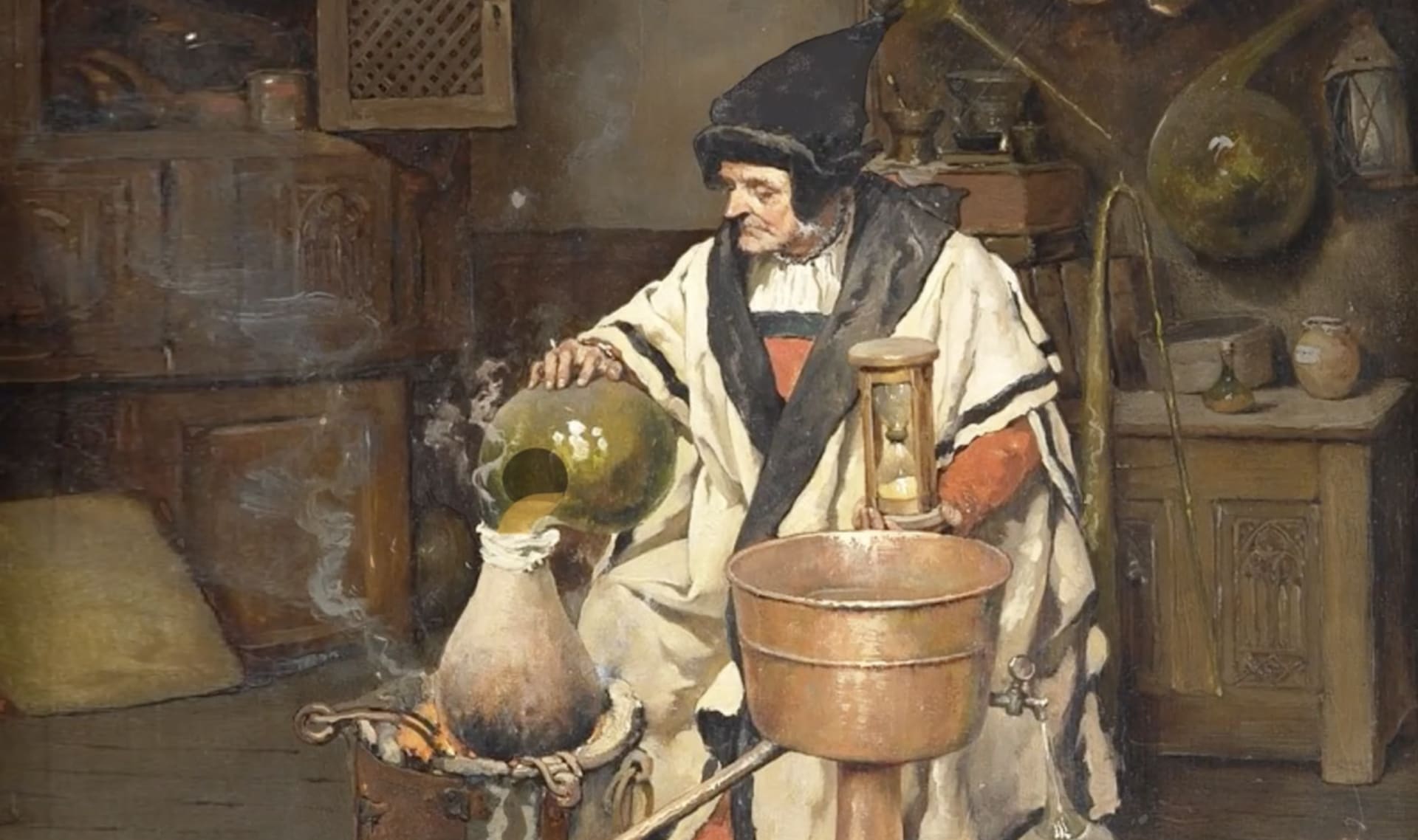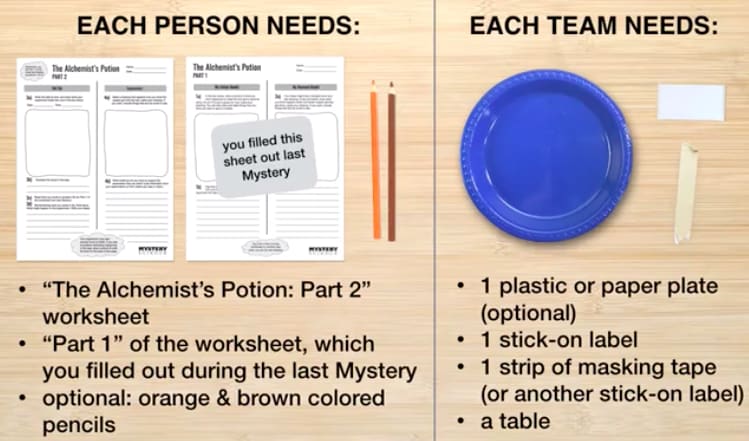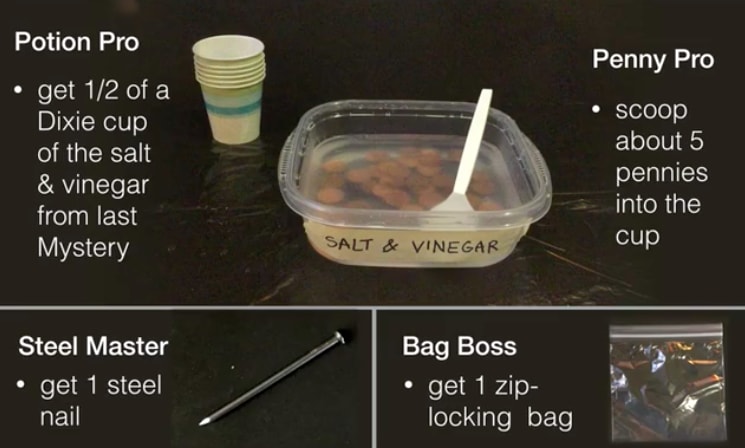











DISCUSS (1 of 3): Can you think of any tests you could do, that would help you figure out which idea is true?
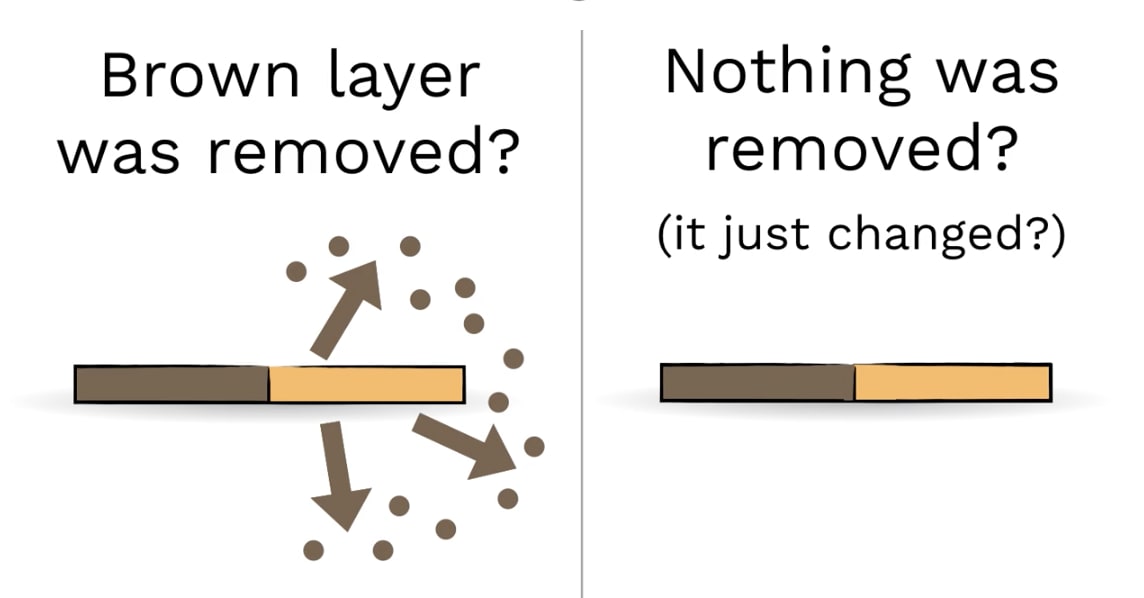
Here’s an idea we had...
What if we used a scale? See next slide...
DISCUSS (2 of 3):
Suppose we give you a scale, a tool that measures weight. Using a scale, is there a test you could do to figure out which idea is true?
DISCUSS (3 of 3):
If the vinegar and salt REMOVED the dull copper, then what should we find out when we weigh the penny before and after?





DISCUSS:
Why do you think the alchemist left, never to be heard from again? Was there something he didn’t want the king to figure out?









DISCUSS (1 of 2):
Why do you think we couldn’t see little bits of copper in the liquid?


Anchor Connection
DISCUSS (1 of 2):
Look at the “Wonder” column of your class See-Think-Wonder chart. Have any questions been answered by this lesson?
Anchor Connection
DISCUSS (2 of 2):
If the old gargoyle didn’t disappear, what could have happened to the particles?
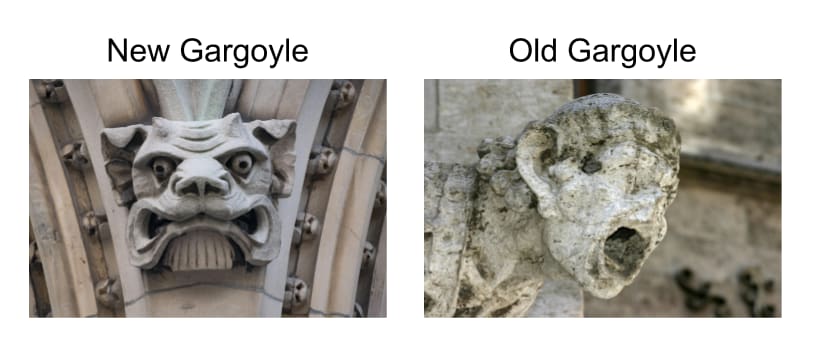 Go to the next slide and fill in your evidence chart.
Go to the next slide and fill in your evidence chart.
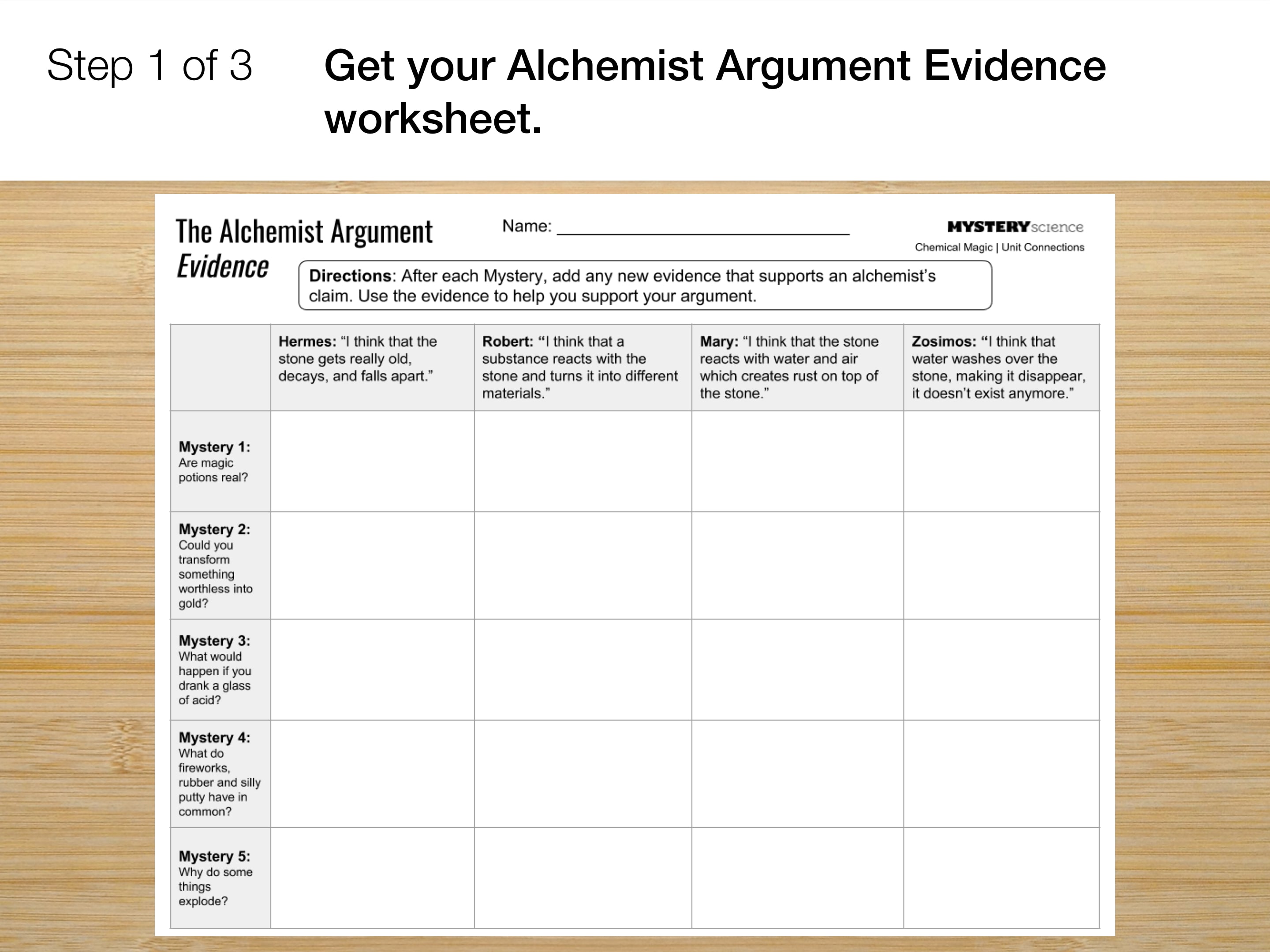
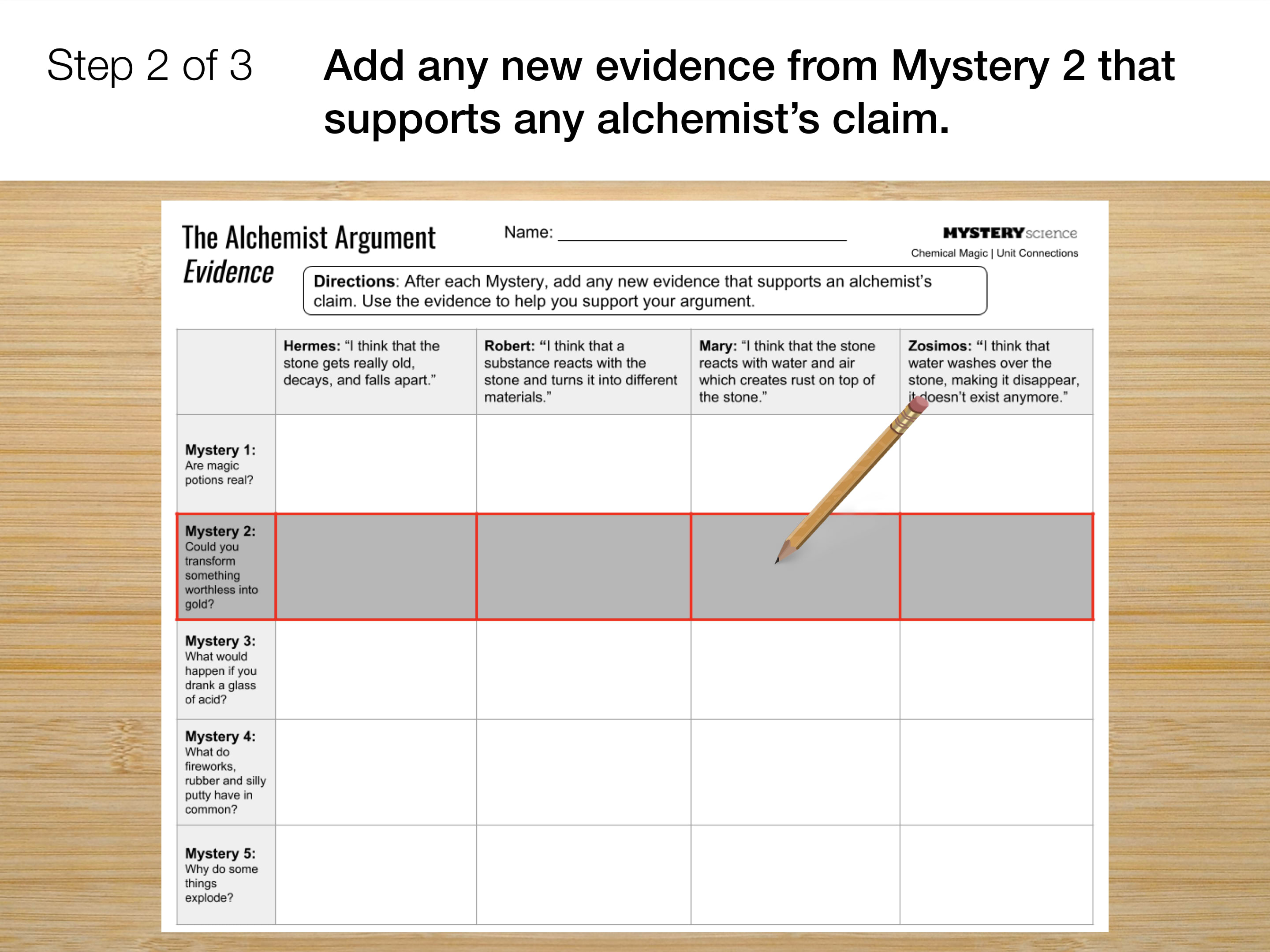
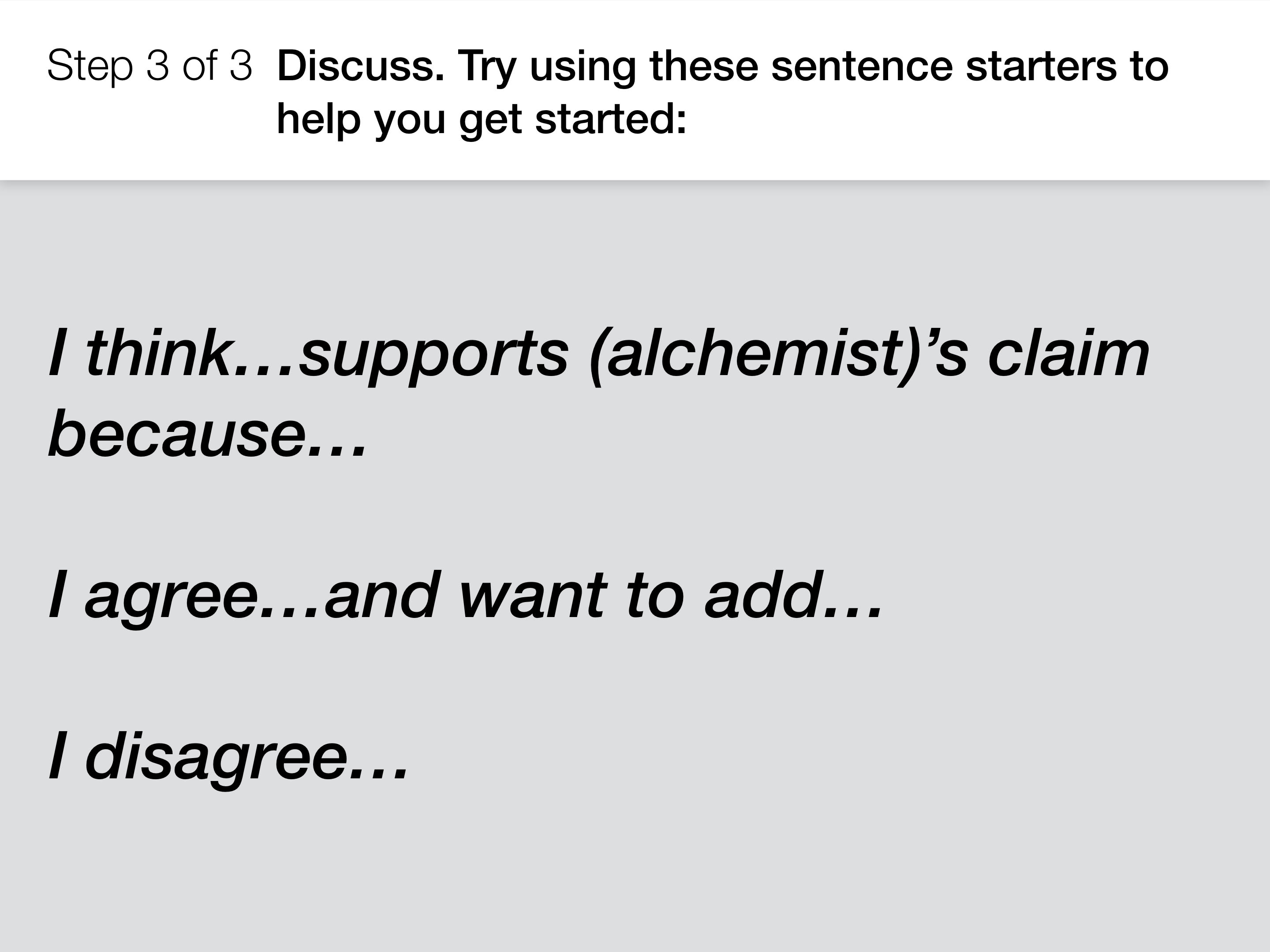
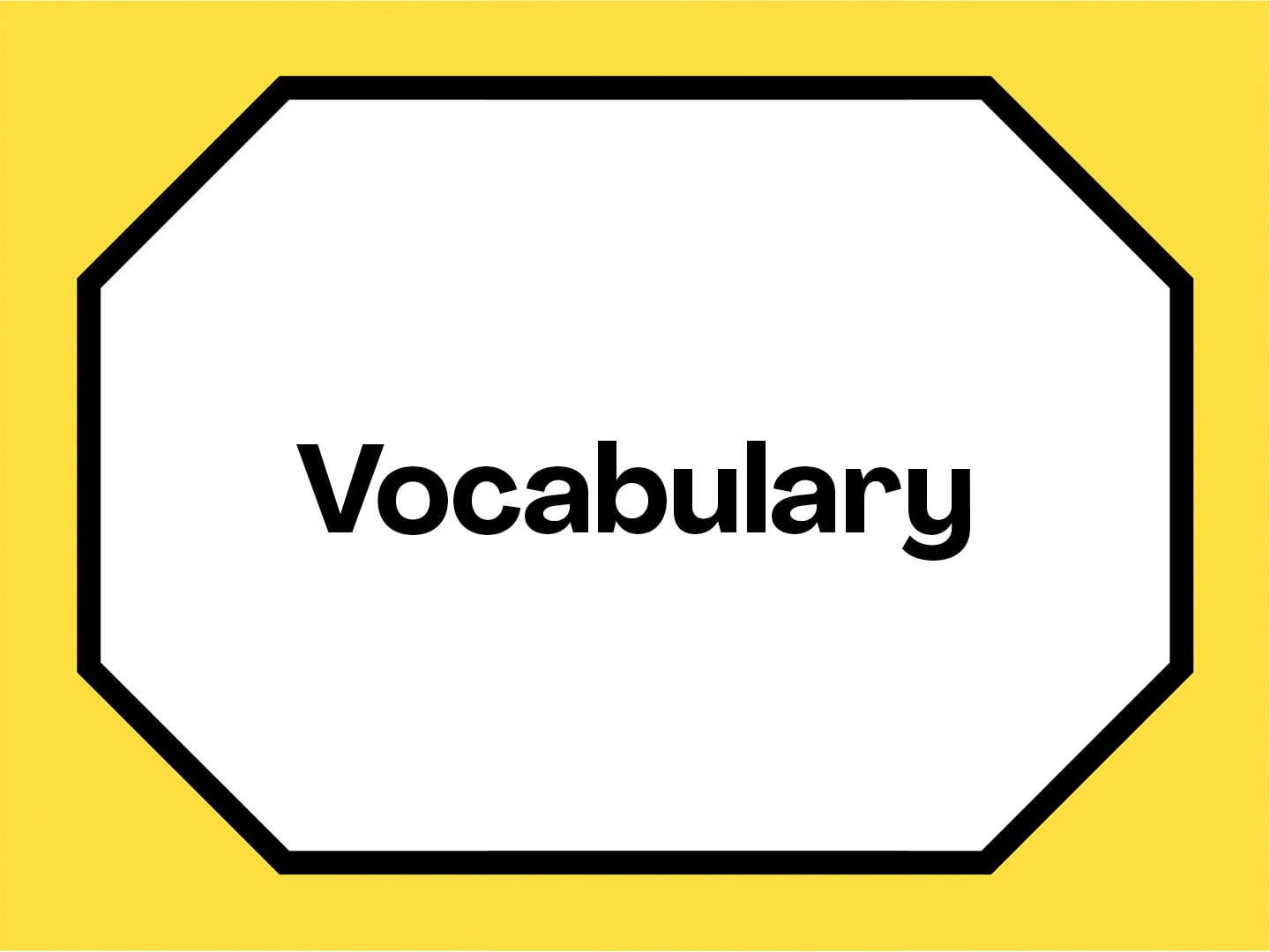
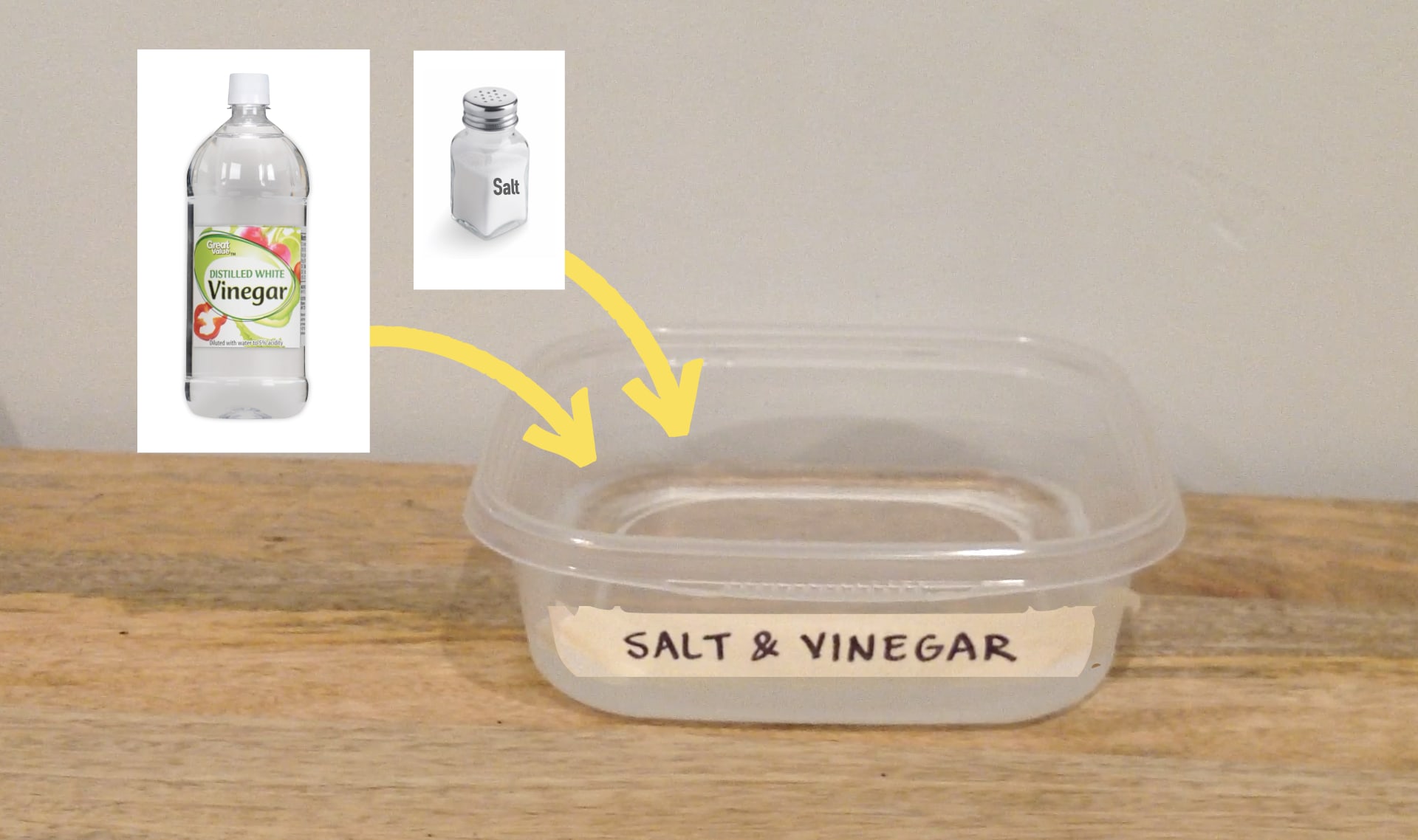
mixture

dissolve
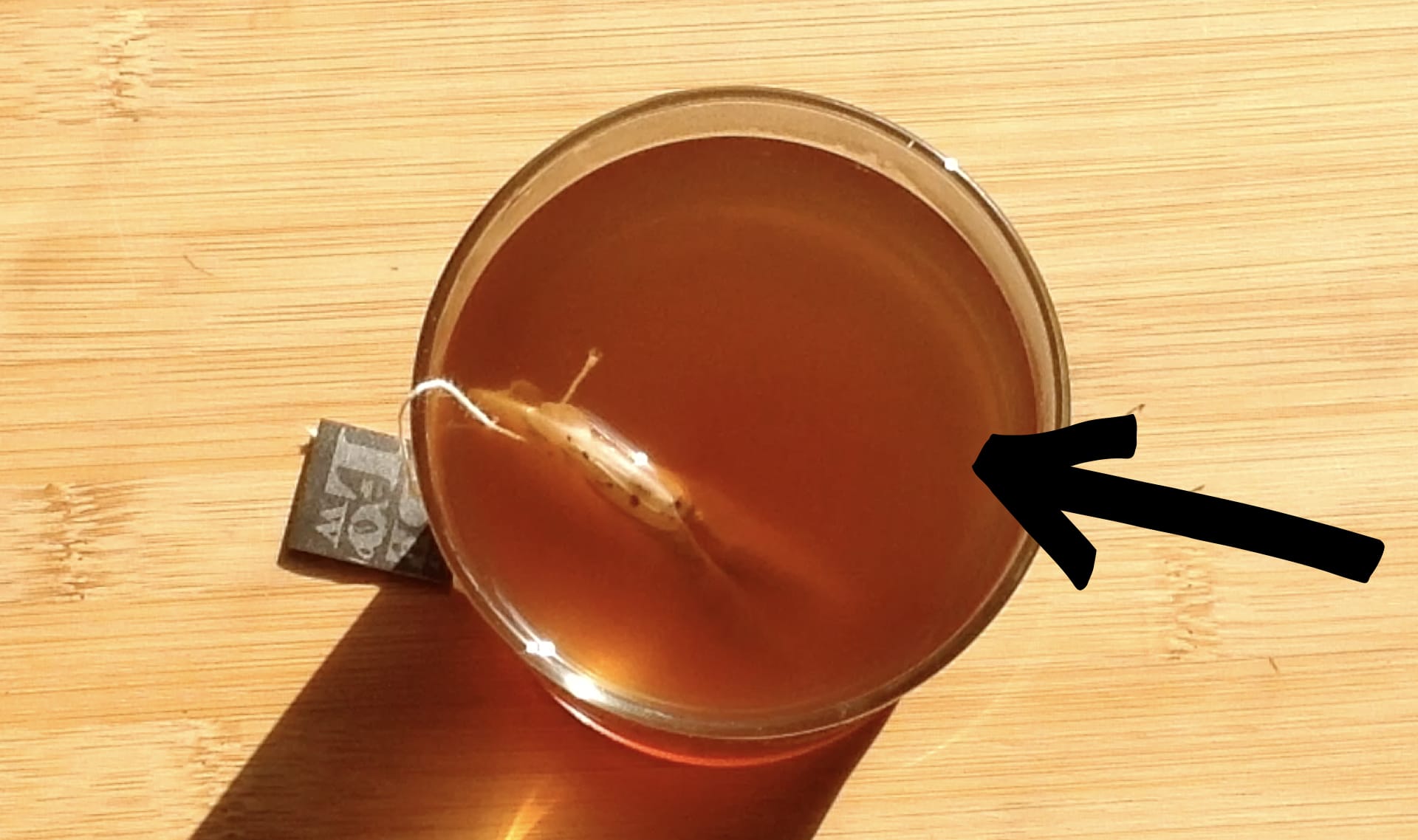
solution

liquid

states of matter

matter

particle
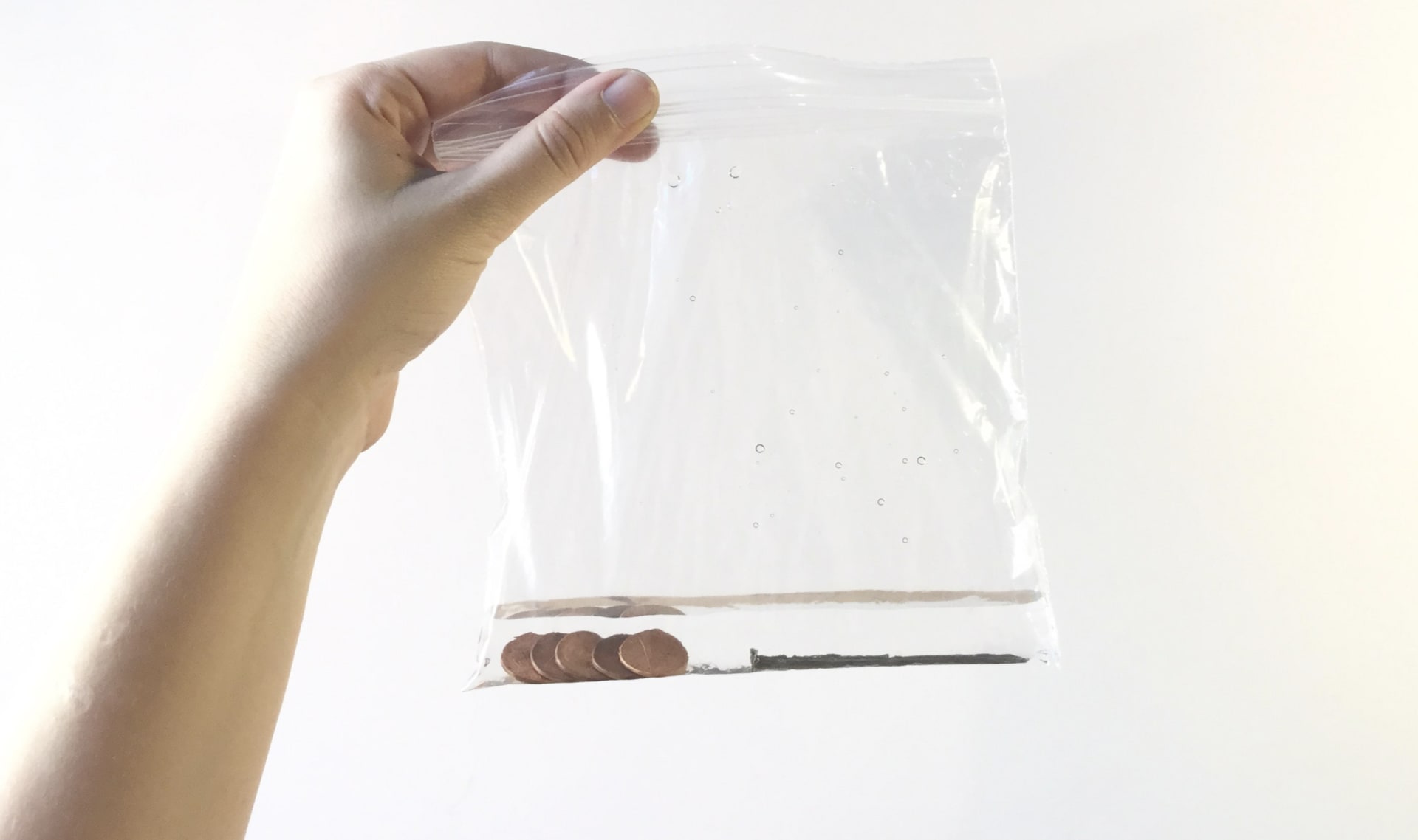
experiment

evidence
